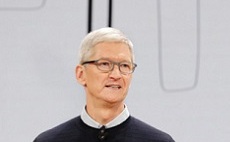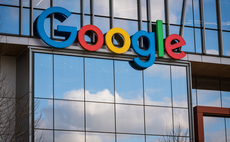The most-read list features the security implications of the theft of celebrity photos and the biggest stories from BoxWorks
Privacy has been a key feature of Computing's coverage over the last year or so, particularly post-NSA/Snowden revelations, and this week's top 10 news stories feature several more juicy stories th...
To continue reading this article...
Join Computing
- Unlimited access to real-time news, analysis and opinion from the technology industry
- Receive important and breaking news in our daily newsletter
- Be the first to hear about our events and awards programmes
- Join live member only interviews with IT leaders at the ‘IT Lounge’; your chance to ask your burning tech questions and have them answered
- Access to the Computing Delta hub providing market intelligence and research
- Receive our members-only newsletter with exclusive opinion pieces from senior IT Leaders






















